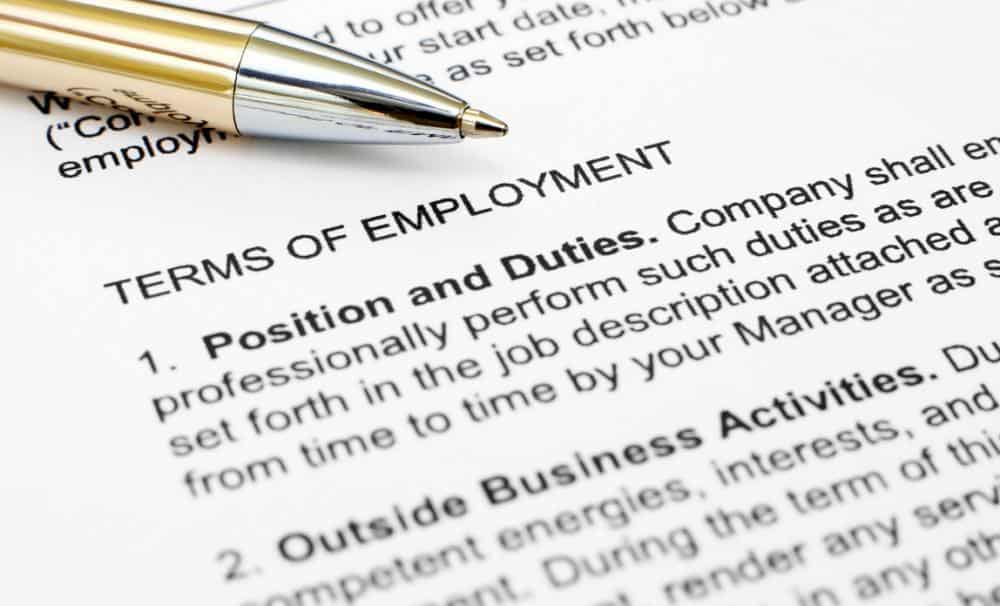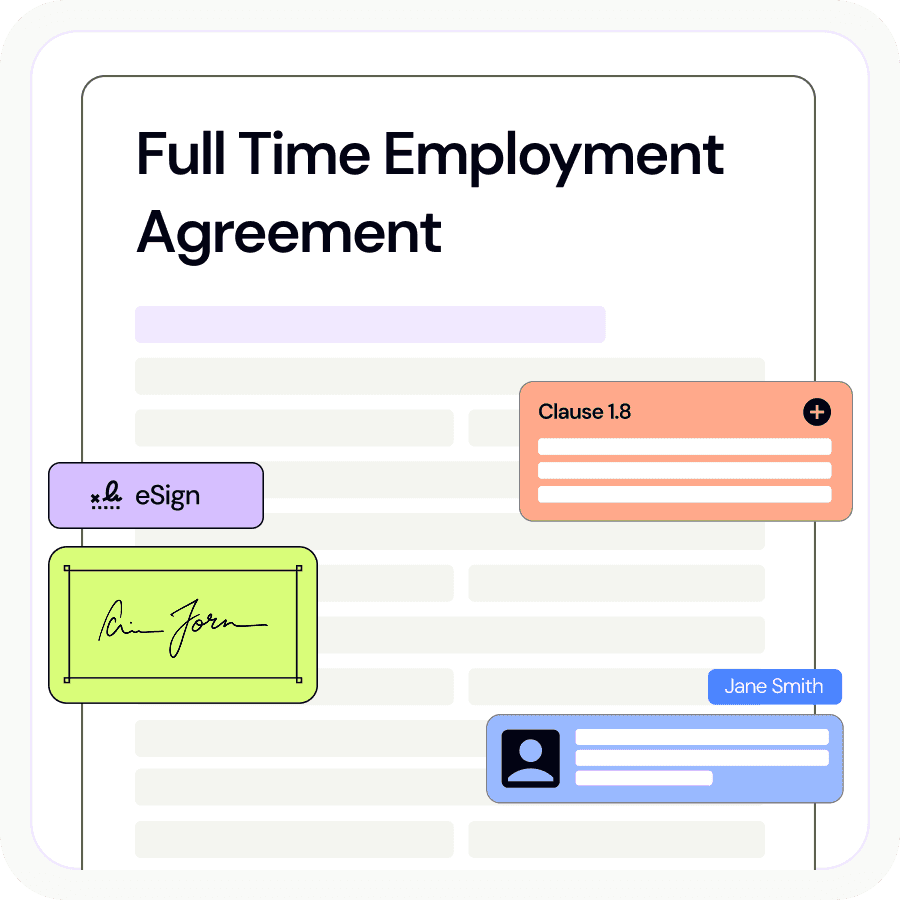Final pay is what an employer owes an employee when their employment ends. This amount needs to comply with all relevant employment awards, contracts and enterprise agreements.
When you sign an employment contract you are legally binding yourself to uphold certain responsibilities. This includes an employee’s entitlements upon termination. Subsequently, as an employee it is important to understand your entitlements. Similarly, if you are an employer you need to make sure your employment agreement accurately reflects the rights and responsibilities you wish to convey.
When is payment due?
Most modern awards require employers to pay their employees final payment within 7 days of employment ending. However, employment contracts or enterprise agreements can also set out a specific time period when final pay must be paid. To understand which time period applies it would be astute to refer to the relevant agreement your employment falls under.
Entitlements
The Fair Work Ombudsman sets out most employees entitlements. This includes the following.
- Outstanding wages for hours they have worked, including penalty rates and allowances
- Any accumulated annual leave, including annual leave loading if it would have been paid during the term of employment
- If it applies to the employee:
- accrued or pro rata long service leave
- payment in lieu of notice (payment given instead of the notice period needed to end employment)
- Redundancy pay (based on the length of continuous service with the company)
Notably, if any employee gets annual leave during employment then it also has to be paid out when the employment ends.
It can be challenging to understand your entitlements or requirements regarding final pay. Fortunately, the Fair Work Ombudsman has a pay calculator to find your award and pay rate, including penalty rates and allowances.
Resignation vs termination
Termination by employer
It is important to give the right amount of notice when an employee is terminated. This period should be compliant with the requirements of the relevant modern award or as per the National Employment Standards (NES). The employer is also able to pay the employee the equivalent pay instead of requiring them to work through their notice period. Furthermore, employees over the age of 45 with at least two years of continuous service are entitled to an additional week of notice.
Resignation by employee
The period of notice that an employee must give is set out in their award or as per the NES. It is typically, the same as the notice required by an employer. If the employee fails to give the required notice, an employer may withhold an equivalent amount from the employee’s final payment if this is permissible by the modern award. For example, if an employee who has worked for two and a half years decides to quit, then they must give two weeks’ notice.
Unfair dismissal
It is astute to be aware of unfair dismissal. This can include employee dismissal which occurs in a harsh, unjust or unreasonable manner. It can also be due to discrimination or another protected right. You have 21 days after you have been dismissed to lodge an application of unfair dismissal with the Fair Work Commission.
Conclusion
Ultimately an employee should be aware of their rights and entitlements when their employment ends. This involves providing the right notice period, paying any outstanding wages and accounting for any leave. If you are unsure about what you or your employees entitlements are it is advisable to contact an employment lawyer.







